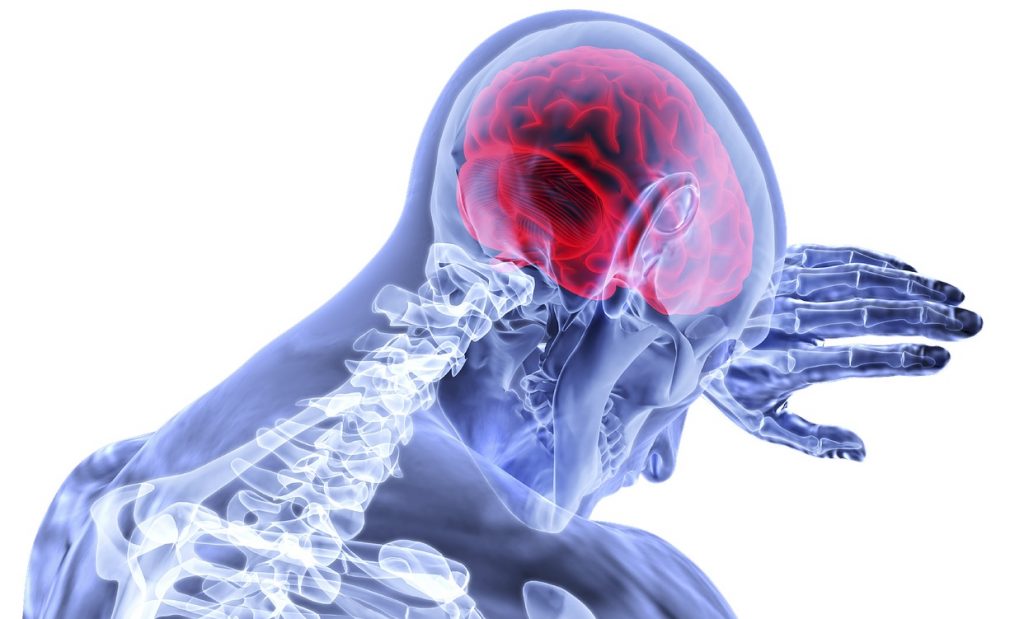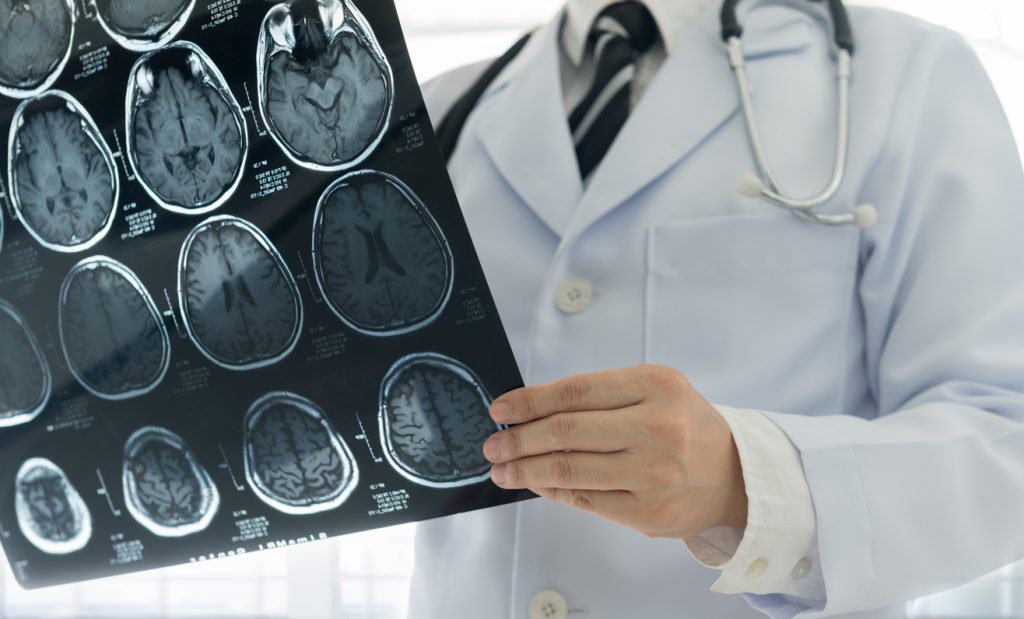Transcript
Hello. I’m Dr Elizabeth McDonald, Rehabilitation Physician and Medical Director of Multiple Sclerosis Society Victoria and New South Wales. I joined the Editorial Advisory Board of the Virtual Neuro Centre three years ago, and today I’d like to share with you my insights on multiple sclerosis. I have 22 years of experience in the field of multiple sclerosis and work with leading neurologists in Australia in ensuring that people with MS, their families and carers, together with health practitioners, have the latest information regarding this disease, current treatments and awareness of services available to them.
Multiple sclerosis is the commonest chronic neurological disease of young Australians, affecting an estimated 20,000 of the population. It’s most commonly diagnosed between the ages of 20 and 50. The average age of diagnosis being 30 years. It’s more common in females, with the ratio now about three female to every male and this incidence in females is increasing. It’s not known what causes MS, but there are both genetic and environmental factors involved.
MS is predominately a disease of Caucasian people – 98%. It is not hereditary, but 10-15% of people with MS will have a relative with the disease. There is a striking geographical gradient, with an increase in the prevalence of MS, the further one is from the equator. MS is six times more prevalent in south-east Australia than in Queensland. It is not known what this is due to, but current research is looking into the amount of sunlight exposure and vitamin D effects on the immune system.
MS is a type of autoimmune disease, with the body’s immune system recognising myelin, the coating of the nerves of the central nervous system, that is the brain and the spinal cord, as foreign, and sets about attacking it as a defence mechanism. Diagnosis is not easy as there is no single test that can give a definitive answer. The diagnosis is clinical, based on history, presenting symptoms and signs. Investigations such as the MRI can help.
There are different types of MS, the commonest being relapsing-remitting MS. Commonly it may present as primary, progressive right from the outset. The symptoms of MS depend on where the inflammation and myelin destruction is occurring and commonly include weakness, visual problems, bladder and bowel problems and difficulty with cognitive functions such as memory and cognitive function. Fatigue and heat intolerance are also commonly experienced by people with MS.
There are many facets to the treatment of MS. Relapses or exacerbations may be treated with steroids and the relapsing-remitting type is now treated with medications that modulate the immune system, reducing the risk of further exacerbations. Symptom management is important, as is attention to the broader impacts of MS on individuals, such as the psychological, social and economic issues. Maintaining general fitness, wellbeing and quality of life is very important when faced with a chronic illness such as MS. A variety of health professionals may be involved in supporting people with MS at various stages of the disease.
Assessment of individual needs will enable appropriate referral and intervention as required. State MS societies can provide further information and assistance. Whilst currently the cause of MS is not known, research continues in the fields of immunology, genetics, pathology, neuro protection and regeneration, such as stem cells research and clinical treatments, with Australian researchers collaborating with colleagues internationally in their endeavours to find the cause and cures for MS.
Thank you for watching and have a great day.
More information
 |
To learn more about the risk factors for Multiple Sclerosis, symptoms and treatment of this condition, see Multiple Sclerosis (MS): Overview. |
All content and media on the HealthEngine Blog is created and published online for informational purposes only. It is not intended to be a substitute for professional medical advice and should not be relied on as health or personal advice. Always seek the guidance of your doctor or other qualified health professional with any questions you may have regarding your health or a medical condition. Never disregard the advice of a medical professional, or delay in seeking it because of something you have read on this Website. If you think you may have a medical emergency, call your doctor, go to the nearest hospital emergency department, or call the emergency services immediately.







